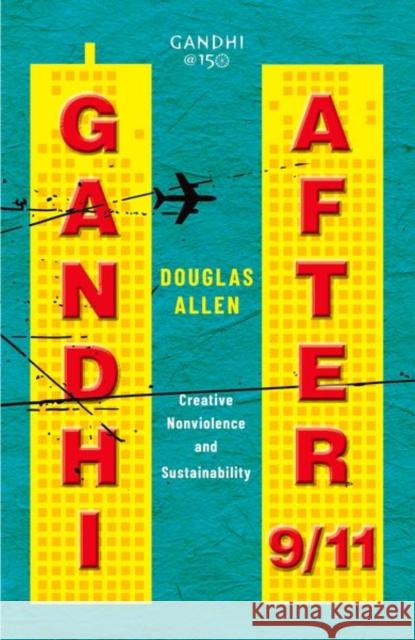Gandhi After 9/11: Creative Nonviolence and Sustainability » książka
topmenu
Gandhi After 9/11: Creative Nonviolence and Sustainability
ISBN-13: 9780199491490 / Angielski / Twarda / 2019 / 288 str.
Kategorie BISAC:
Wydawca:
Oxford University Press, USA
Język:
Angielski
ISBN-13:
9780199491490
Rok wydania:
2019
Ilość stron:
288
Waga:
0.47 kg
Wymiary:
22.35 x 14.48 x 2.79
Oprawa:
Twarda
Wolumenów:
01
Dodatkowe informacje:
Bibliografia











